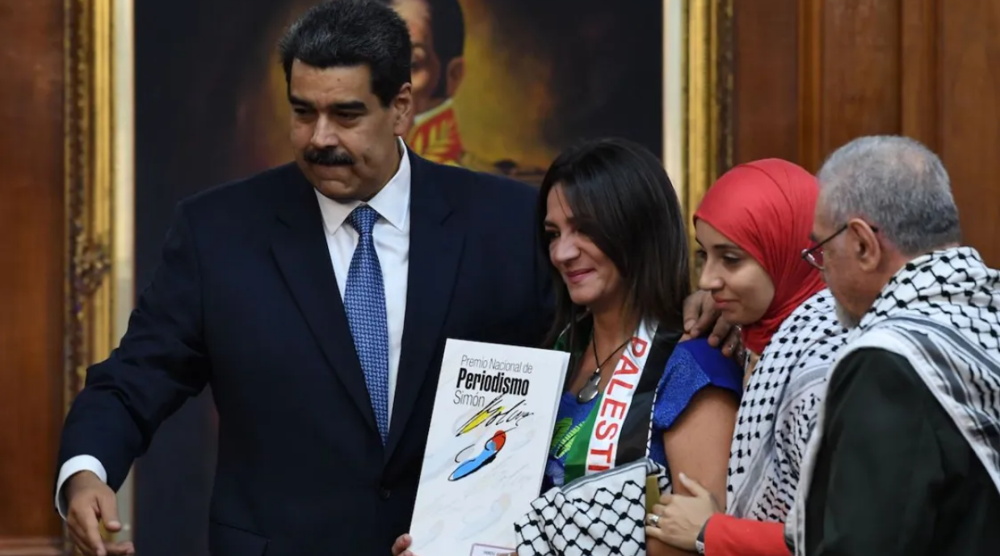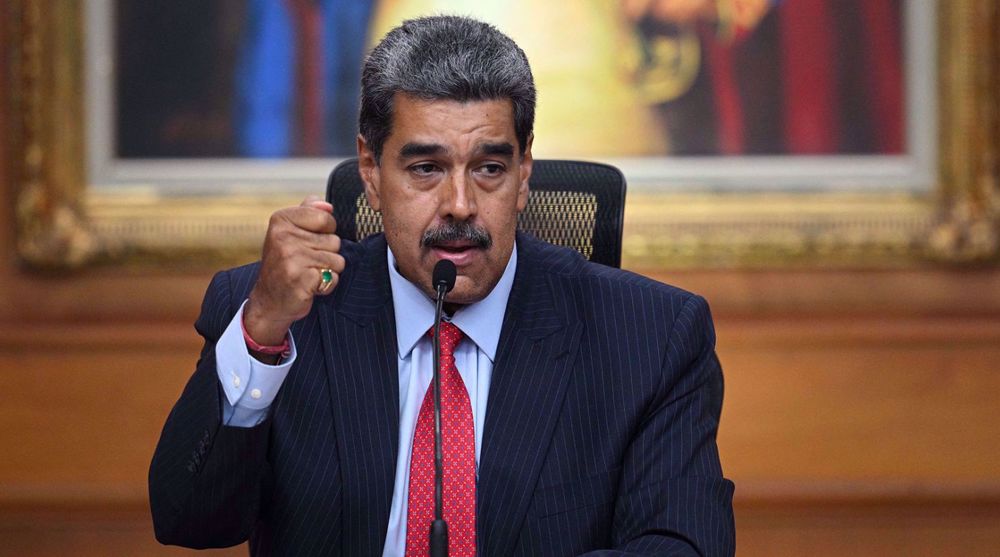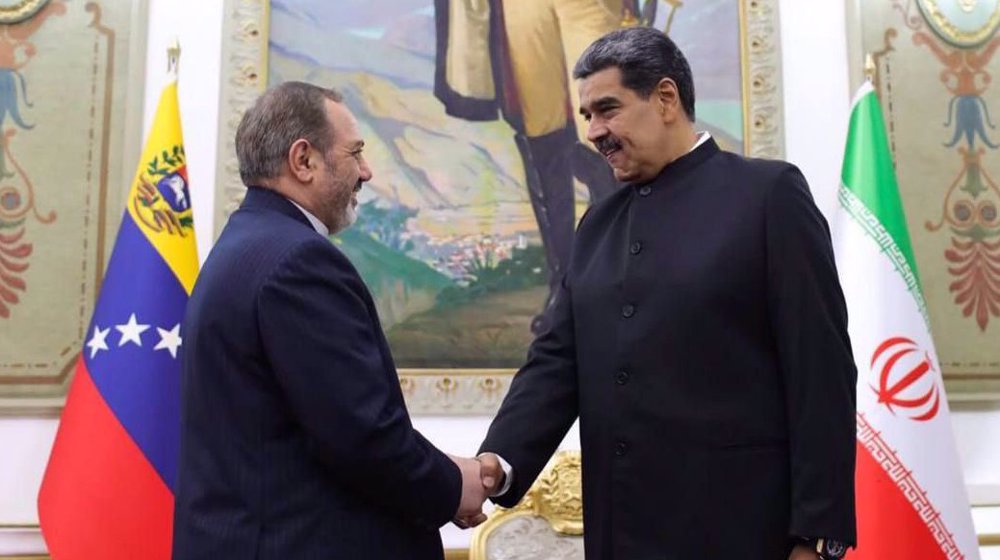Venezuela court approves Maduro’s ‘economic emergency’ decree
A top court in Venezuela has approved President Nicolas Maduro’s “economic emergency” decree, granting the head of state expanded authority over the country’s struggling economy.
In a decision made public on Thursday, Venezuela’s Supreme Court overruled the opposition-controlled Congress and gave Madura wider executive powers to control the budget, companies and the currency.
The new opposition-led National Assembly had rejected the measure in late January, saying it offered no real solutions to the worsening recession, shortages, and inflation in the Latin American country.
During a televised address, Maduro hailed the decision by the top court, pledging to start flexing his expanded powers immediately.
“Now that the emergency decree is in place, I’m going to put in place a set of measures in the coming days that I was already working on,” he said.
According to Venezuela’s central bank, the oil-dependent economy of the member of the Organization of Petroleum Exporting Countries (OPEC) shrank 4.5 percent in the first nine months of 2015.
The annual rate of inflation during the same period climbed to a whopping 141.5 percent, reportedly the highest in the world.
Analysts forecast that Venezuela’s economy will not perform any better in 2016 amid the plummeting oil prices.
Maduro lost control of the National Assembly following a December election as a result of growing voter anger over the persisting economic troubles.
Venezuela depends on oil for nearly 96 percent of its hard currency revenues.
‘Abhorrent’: Oxfam says only 12 trucks delivered aid in North Gaza since Oct.
VIDEO | Leader receives religious eulogists on Hazrat Fatima birth anniv.
Pope Francis slams Israel’s ‘machine-gunning’ of Gaza children
US hostage-taking of Iranian nationals violation of intl. law: Deputy FM
VIDEO | Carol Singers for Palestine on London’s Parliament Square
Ansarullah says ‘Israeli terrorists’ incapable of confronting Yemen, warns of secret weapons
VIDEO | Yemenis praise the military for its successful operations against Israel
VIDEO | Israel continues to bomb Gaza homes














 This makes it easy to access the Press TV website
This makes it easy to access the Press TV website